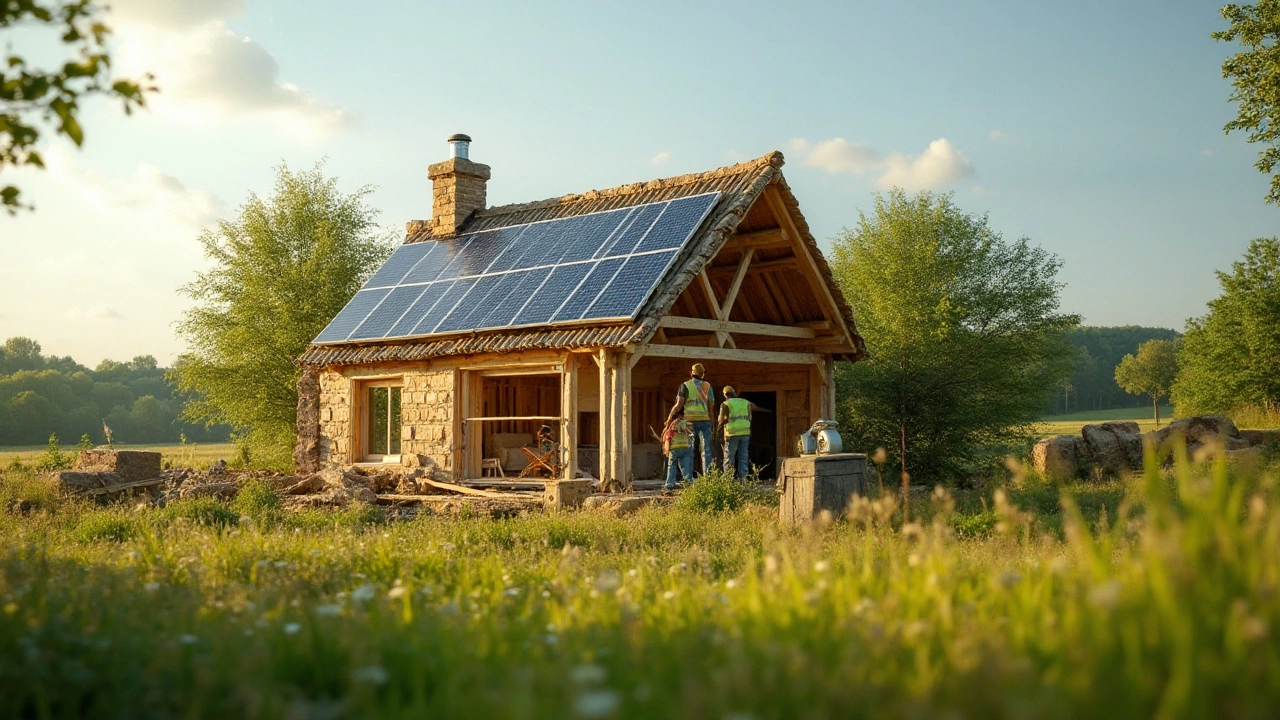Building Costs: How Much Does It Really Take to Build a Hotel or Cottage Near Peterborough?
If you’re thinking about a new hotel, a cosy cottage, or an eco‑friendly retreat close to Peterborough Arena, the first question on everyone’s mind is the price tag. Building costs can feel like a mystery, but they’re mostly a mix of land price, materials, labor, and local regulations. Knowing the basics helps you avoid surprises and keep your project on track.
In the UK, the average cost per square metre for a standard hotel ranges from £1,200 to £1,800, while a cottage usually sits between £1,000 and £1,400. Eco builds can be a little higher upfront—often £1,500 to £2,200 per square metre—because of sustainable materials and energy‑efficient systems. These numbers give you a rough starting point, but your exact budget will depend on a few key factors.
Key Factors That Drive Construction Prices
Location is king. Land near the arena is in demand, so plot prices can add a big chunk to your total. Check the council’s planning portal to see if there are any fees or restrictions that could raise costs.
Materials matter too. Traditional brick and mortar are cheaper than premium finishes like natural stone or high‑end timber. If you’re leaning towards an eco build, expect to pay more for insulation, solar panels, and low‑VOC paints, but remember these upgrades often pay off in lower energy bills.
Labor rates in Cambridgeshire hover around £200‑£250 per day for skilled trades. Complex designs—like a boutique hotel with multiple floor plates—need more specialist workers, which pushes the labor bill up.
Don’t forget contingency. A safe rule of thumb is to set aside 10‑15% of the total budget for unexpected issues, like a hidden ground‑water problem or a sudden price hike in steel.
Tips to Keep Your Build Within Budget
Start with a solid, detailed plan. The more you nail down layouts, finishes, and services early, the fewer change orders you’ll face later. Use a simple 2‑D design tool or work with a local architect who knows the area’s building codes.
Shop around for contractors. Get at least three quotes and compare not only price but also timelines and warranty terms. A lower bid might hide hidden costs or lower quality work.
Consider modular construction. Prefabricated sections can cut both time and waste, especially for hotels where rooms are repetitive. It may cost a bit more upfront but often saves money on labor and site management.
Look for grants and incentives. The UK government offers subsidies for energy‑efficient buildings, and local councils sometimes provide reduced fees for projects that add housing or tourism value.
Finally, phase the project if cash flow is tight. Build the core hotel rooms first, operate them to generate income, then add extra amenities like a spa or restaurant later on.
Understanding building costs isn’t rocket science, but it does require a clear picture of what drives prices in your area. Use these basics as a checklist, stay realistic about your budget, and you’ll be well on your way to a successful build near Peterborough Arena.
Affordable States for Building Eco-Friendly Cottages
Building a home that is both affordable and sustainable can be quite a challenge, yet the right location can make all the difference. Exploring affordable states for constructing eco-friendly cottages involves considering building costs, material efficiency, and regional sustainability initiatives. This article examines several states known for their cost-efficient building opportunities while prioritizing eco-friendliness. Innovative building techniques and local resources can greatly influence costs and sustainability, making some states more appealing for eco-conscious homeowners. Dive into insights and tips that can guide you in choosing the ideal location for your eco-friendly retreat.
